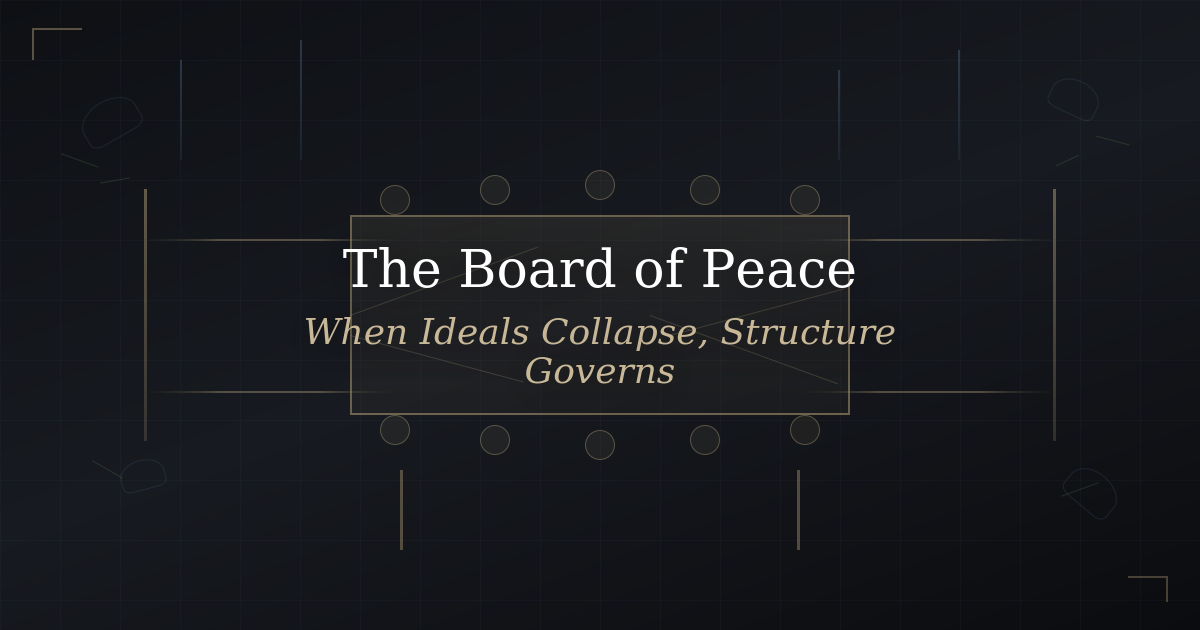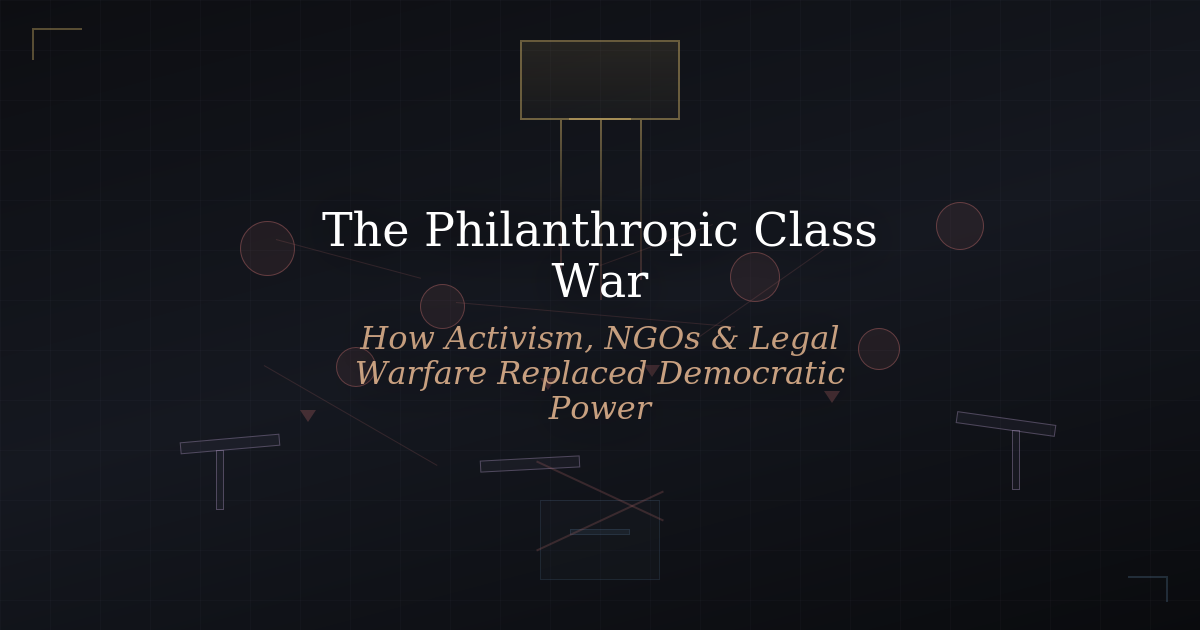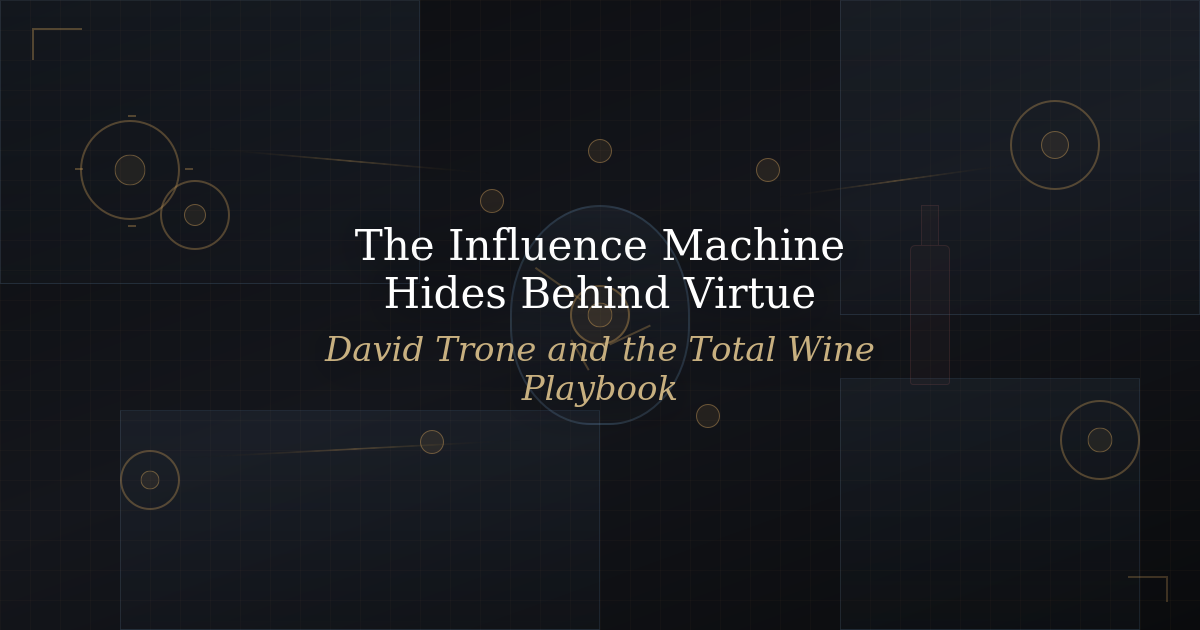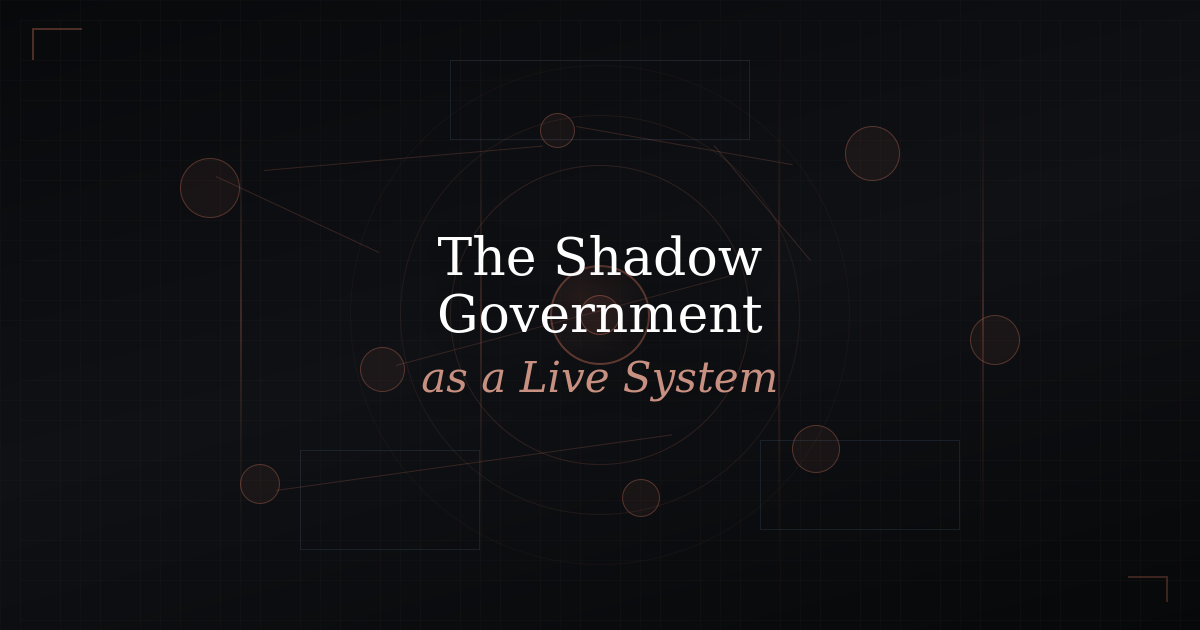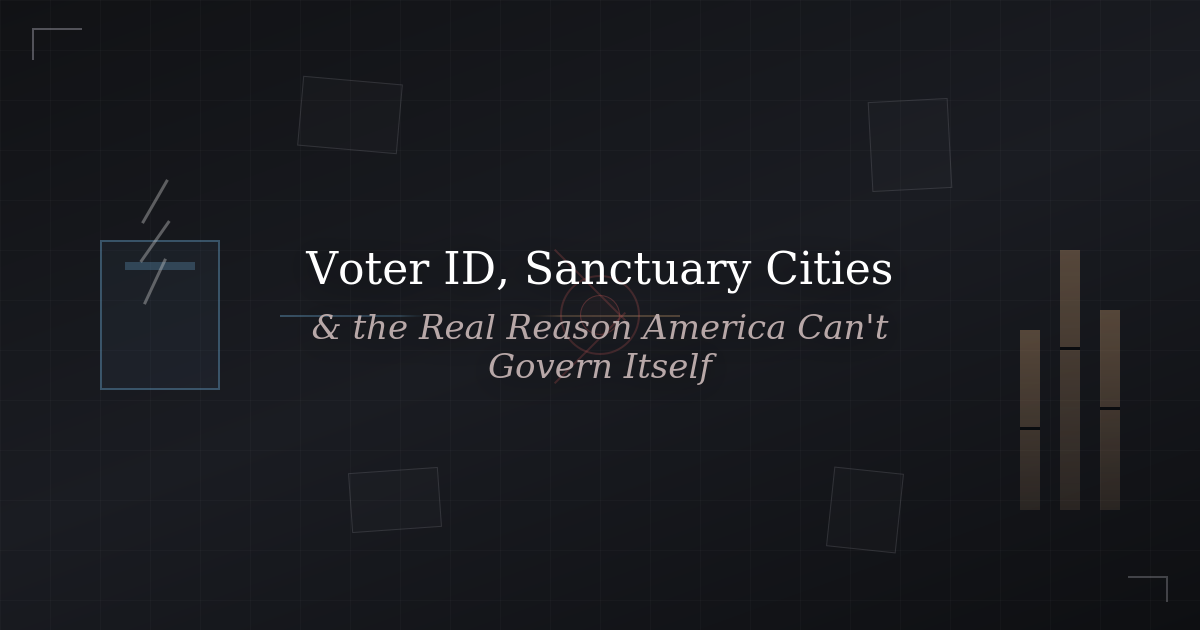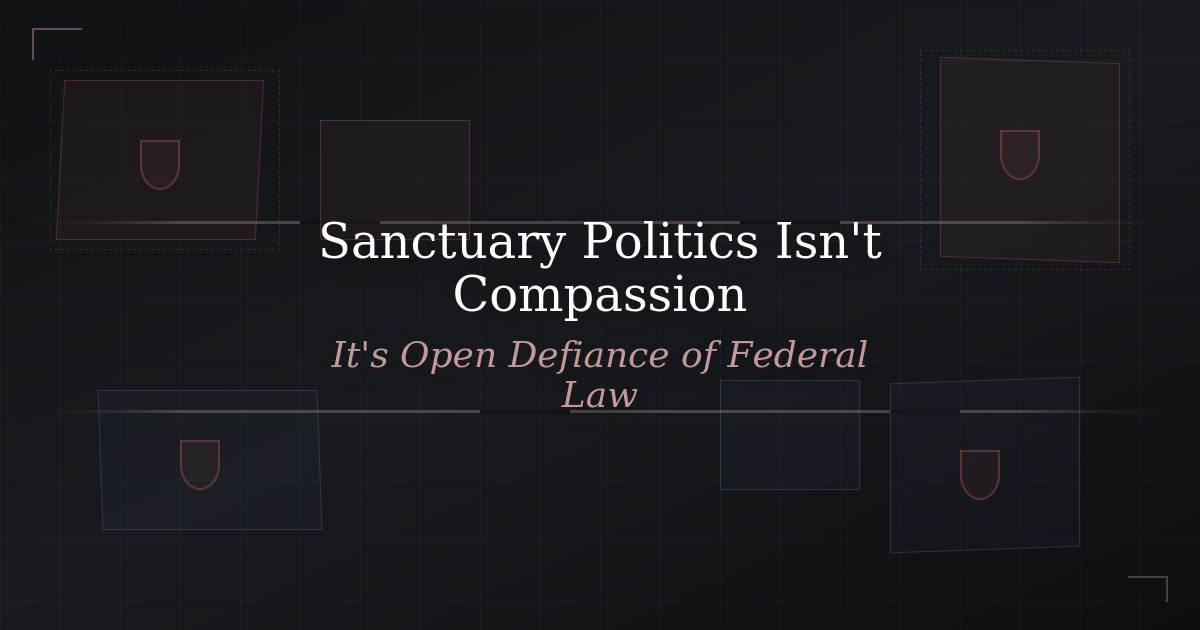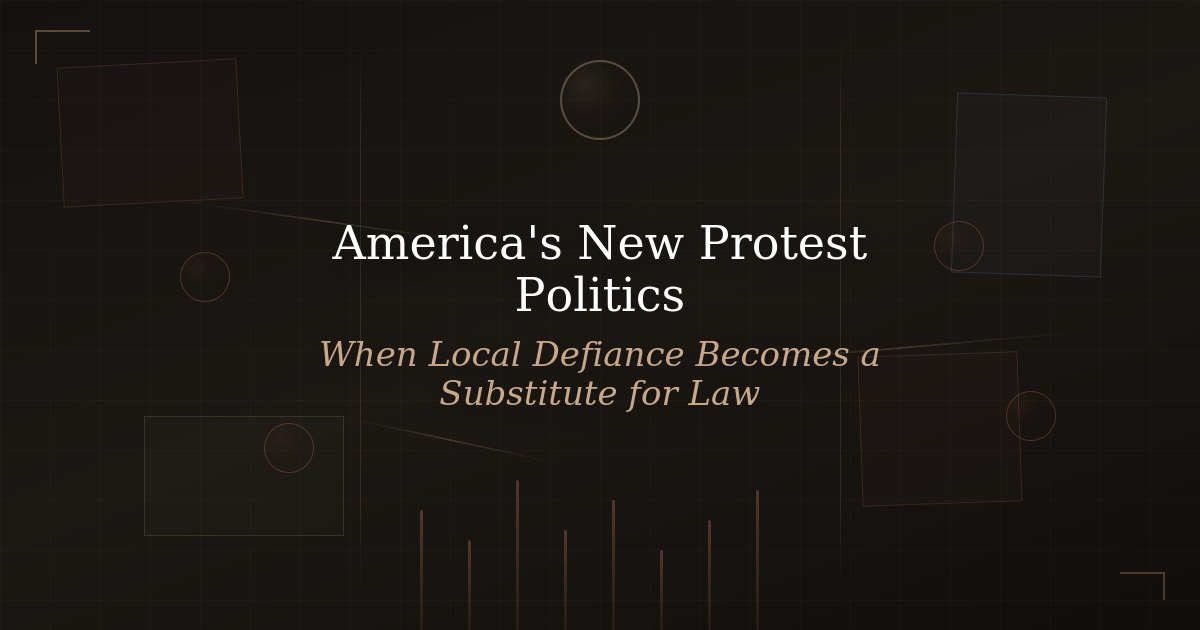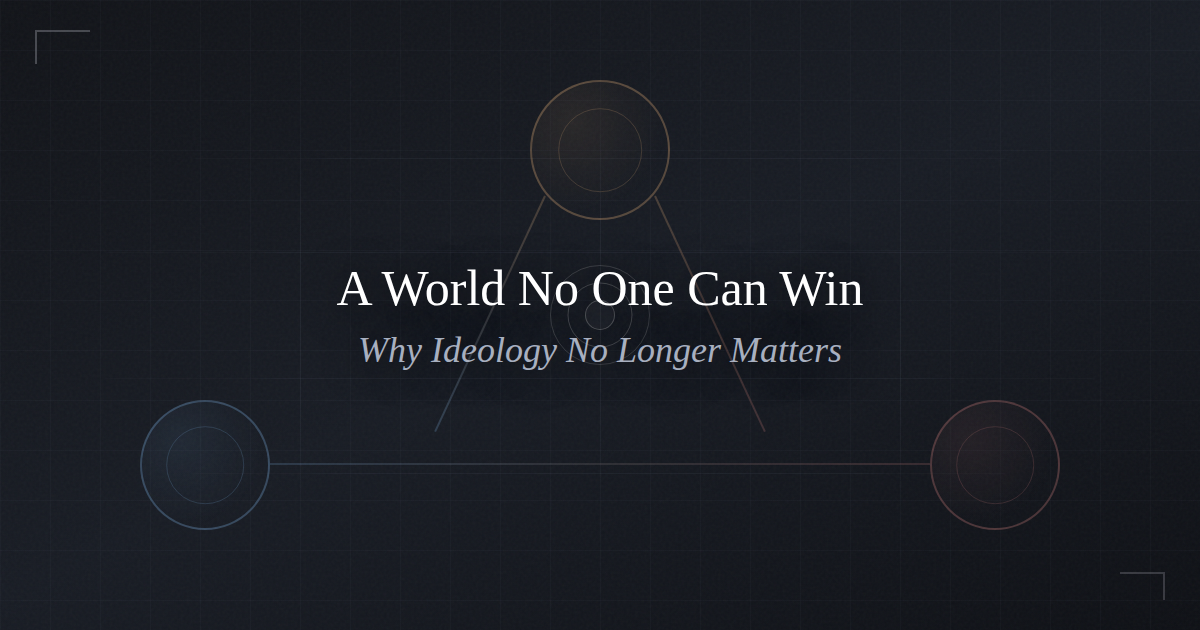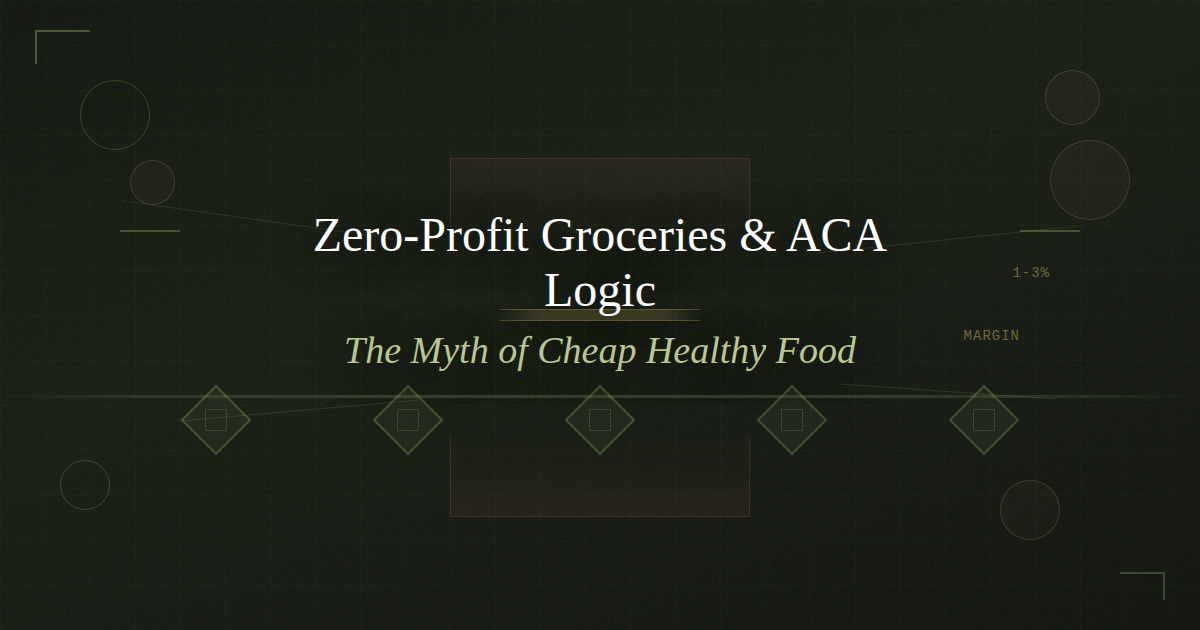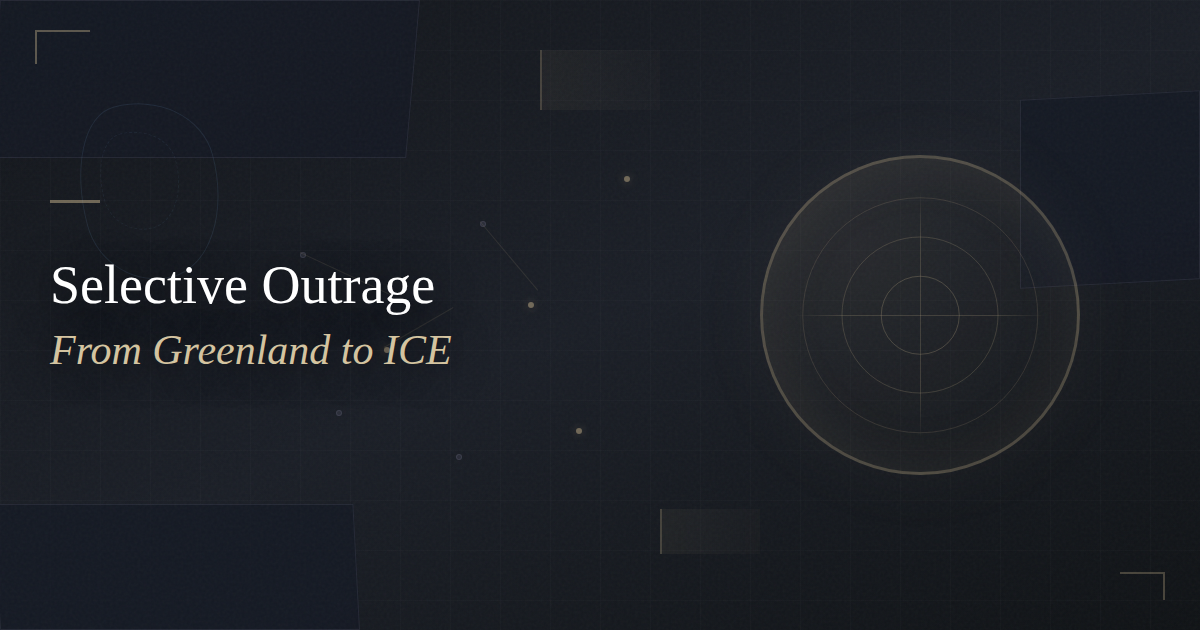Energy - February 2023
Energy – February 2023
As the US plans to inject trillions of dollars into a green world to counter the worst-case climate doomsday scenario of 2.1 degrees of global warming by 2100, which, according to global disaster theories, will lead to the extinction of all life, is 1.5 degrees no problem?
Before the first Industrial Revolution, the world was mostly sustainable, with manual labor dominating and travel by horse or ox and wagon. There was some mineral mining for tools and weapons, but the rest came from the land and animals.
Windmills were used in early times as water pumps and grain mills, while waterwheels date back to ancient times as a means of transforming human labor. Since the beginning of the world, its inhabitants have strived for explanations of how the world works, from the sky to water and earth, and more importantly, how to improve life.
All of this "thinking" from alchemists to philosophers started a revolution from the 1600s to the 1700s, which the current world calls prosperity. However, has every part of the world profited from it? Not necessarily, as some countries lack the political definition to prosper or were implicated by imperial or other means (History of Science).
In the 14th century, windmills became popular in Europe; the total number of wind-powered mills is estimated to have been around 200,000 at the peak in 1850, which is modest compared to some 500,000 water wheels. Windmills were applied in regions where there was too little water, where rivers freeze in winter and in flat lands where the flow of the river was too slow to provide the required power. With the coming of the industrial revolution, the importance of wind and water as primary industrial energy sources declined, and they were eventually replaced by steam (in steam mills) and internal combustion engines, although windmills continued to be built in large numbers until late in the nineteenth century. More recently, windmills have been preserved for their historic value, in some cases as static exhibits when the antique machinery is too fragile to be put in motion, and other cases as fully working mills.
Mobility, electricity, and quality of life were the early drivers of technology, and industrial optimization was the latter driver, which produced, as a byproduct, medication, beauty products, and many other enjoyable items derived from crude oil.
While forests were converted to landmasses and wood was used as a source for construction and energy early on, and later to support the food supply, one natural resource that absorbed CO2 was constantly diminished globally, with unknown impact and neglected by climate analysts.
Fast forward to Greta Thunberg, the current most active and visible climate activist, supported by millions of people around the world through various organizations. After achieving celebrity status among the climate activist elite, she is joined by a chorus of ESG financial powerhouses to punish all those who do not follow greenhouse gas limits developed by climate science and government. What is the actual contribution to minimizing or neutralizing the effect of carbon on the climate? Here is an excerpt from Greta's book if you are interested in reading.
The best shot we have at minimizing the future impacts of climate change is to limit global warming to 1.5 degrees Celsius. Since the Industrial Revolution began, humankind has already raised the average global temperature by about 1.1 degrees. If we continue to emit greenhouse gases at the current rate, the world will probably surpass the 1.5-degree threshold by the end of the decade.
That sobering fact makes clear that climate change isn’t just a problem to solve someday soon; it’s an emergency to respond to now. And yet, most people don’t act like we’re in the midst of the greatest crisis humans have ever faced —
not politicians, not the media, not your neighbor, not myself, if I’m honest. That’s what I realized after finishing The Climate Book by Greta Thunberg.
As a counterpoint to the activists, the idea that 1.5 degrees to 2.1 degrees is the end of the world seems overblown. We know that oil and gas are limited resources, but so are many other minerals that we dig out of the ground, such as lithium for batteries and other rare metals used in the computer industry. Sustainability is important, but can all the current efforts really be done at once and be government-driven? What if each house had its own source of electricity, with solar panels on the roof and some battery packs? Would that be a problem for the electric companies? It would eliminate the need for thousands of power lines, which could be invested in households. This isn't necessarily a "money issue" either, as affordable loans could be paid back in amounts previously paid to the power companies. Each household would already have the source for an EV charging station for local transport.
Why did we invest billions of dollars in California's bullet train, a waste of money that could have easily been spent on insulating houses for a reduction in AC units? Why aren't we ready for EVs in high-concentration populated areas, with EV hubs? I'm sure a Ford F-150 farm truck in Montana could easily survive. It's all a chaotic approach based on the hype of the climate activists. More reasonable voices call oil and gas a needed resource for years to come, to avoid a collapse of our current system and develop sustainable substitutes. But if we think 200-300 years ahead, we will eventually run out of all we dig out of the earth, and the only renewable resources will be what we had before the great industrialization: dirt, stone, wood, and plants. Hopefully, by then, science will still exist, and all activities can be supplemented by those resources.
All other steps may cool the earth and emotions. The metaverse will only make you feel good; it does not provide any essentials for life. Nor does a social world system, where everyone is treated equally. The human species is the only one that kills for power, while animals kill for food, and some fight for territorial control, but in most cases, that is settled with leaders and submission.
One approach in Switzerland suggests agglomerations of sustainable cities. Work local, shop local, live local, and eliminate traffic with public transportation, and housing is all climate-neutral. That sounds a lot like dirt, stone, wood, and plants, and solar power is the metaverse. During the Roman Empire's time, you had to walk to the Coliseum. Zuckerberg, with the help of anti-aging (plant-based) drugs, will still be running it for your entertainment.
So, in essence, all activists should become scientists and take their sponsors' money to develop the next big thing, as should the financial world. Congratulations to Tesla and all other pioneers who are doers. But since they have become billionaires in the process, I bet they will be the next target.

